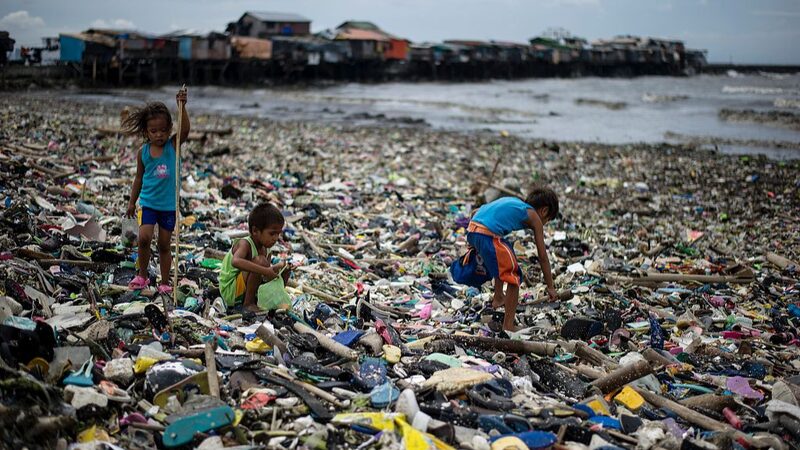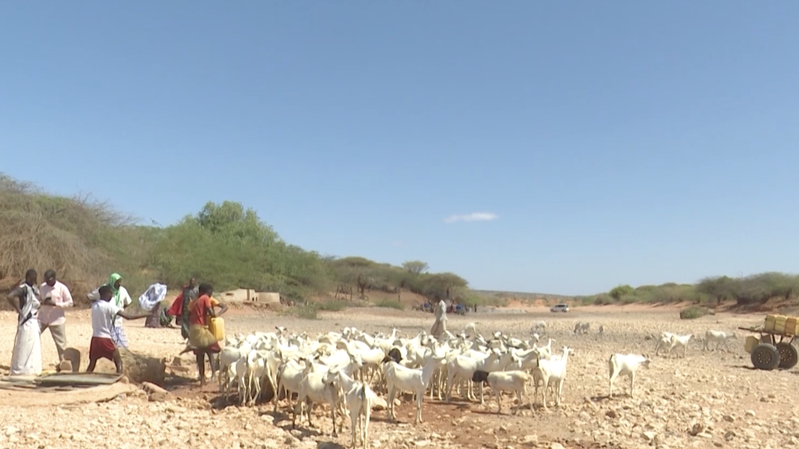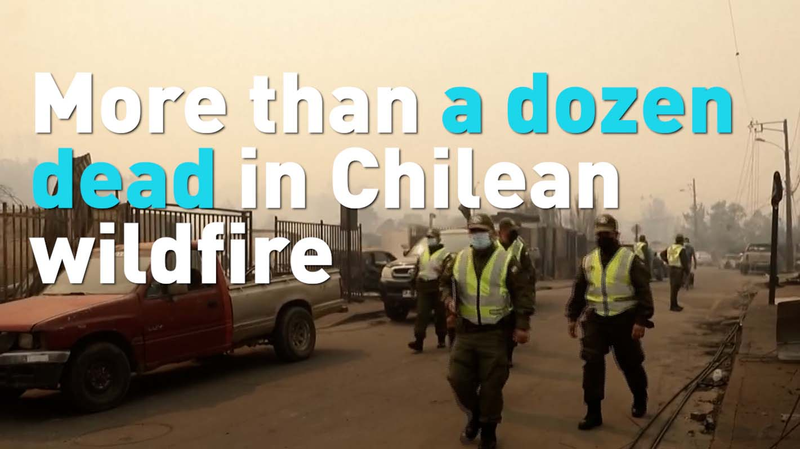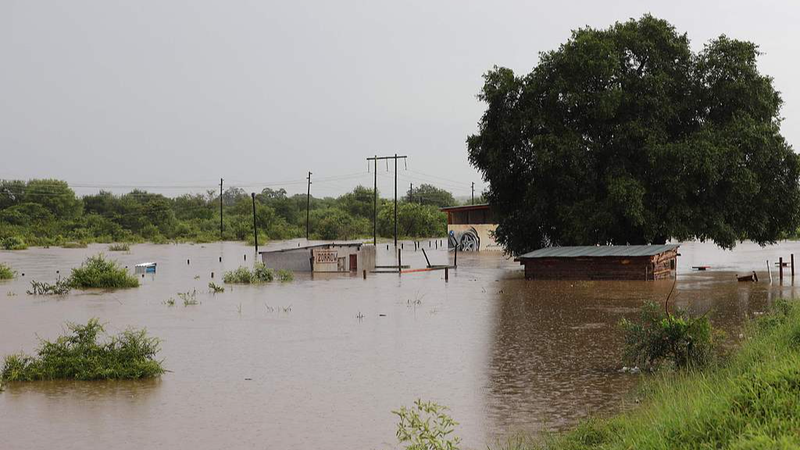The world is drowning in trash, and the clock is ticking! ⏰ According to a recent report by the UN Environment Programme (UNEP), the planet generated a staggering 2.3 billion tonnes of municipal waste last year. But hold onto your recycling bins, because this mountain of garbage is expected to grow by another two-thirds by 2050, reaching a mind-blowing 3.8 billion tonnes! 😱
Why the sudden surge? 🌪️ Pollution is set to escalate, especially in regions that still rely on open dumping and burning of waste. These outdated practices not only emit greenhouse gases but also leach toxic chemicals into our soils, waterways, and the air we breathe. 🌫️
UNEP's Executive Director, Inger Andersen, highlighted the gravity of the situation: \"Waste generation is intrinsically tied to GDP, and many fast-growing economies are struggling under the burden of rapid waste growth.\" 🌐 She emphasized that the report could assist governments in their efforts to \"create more sustainable societies and to secure a livable planet for future generations.\" 🌱
The economic impact is just as alarming. 💸 The hidden costs linked to poor waste disposal—from pollution and health issues to climate change—are projected to nearly double, skyrocketing from around $361 billion in 2020 to a whopping $640 billion a year by 2050. 💰
This eye-opening report was unveiled at the UN's Environment Assembly in Nairobi and builds upon a 2018 World Bank report that estimated the world would generate 3.4 billion tonnes of waste annually by 2050. 📝
The message is clear: without urgent action, our planet's trash problem will reach epic proportions. It's time for all of us to step up, reduce waste, and embrace sustainable practices. After all, there's no planet B! 🌍🌿
Reference(s):
cgtn.com




